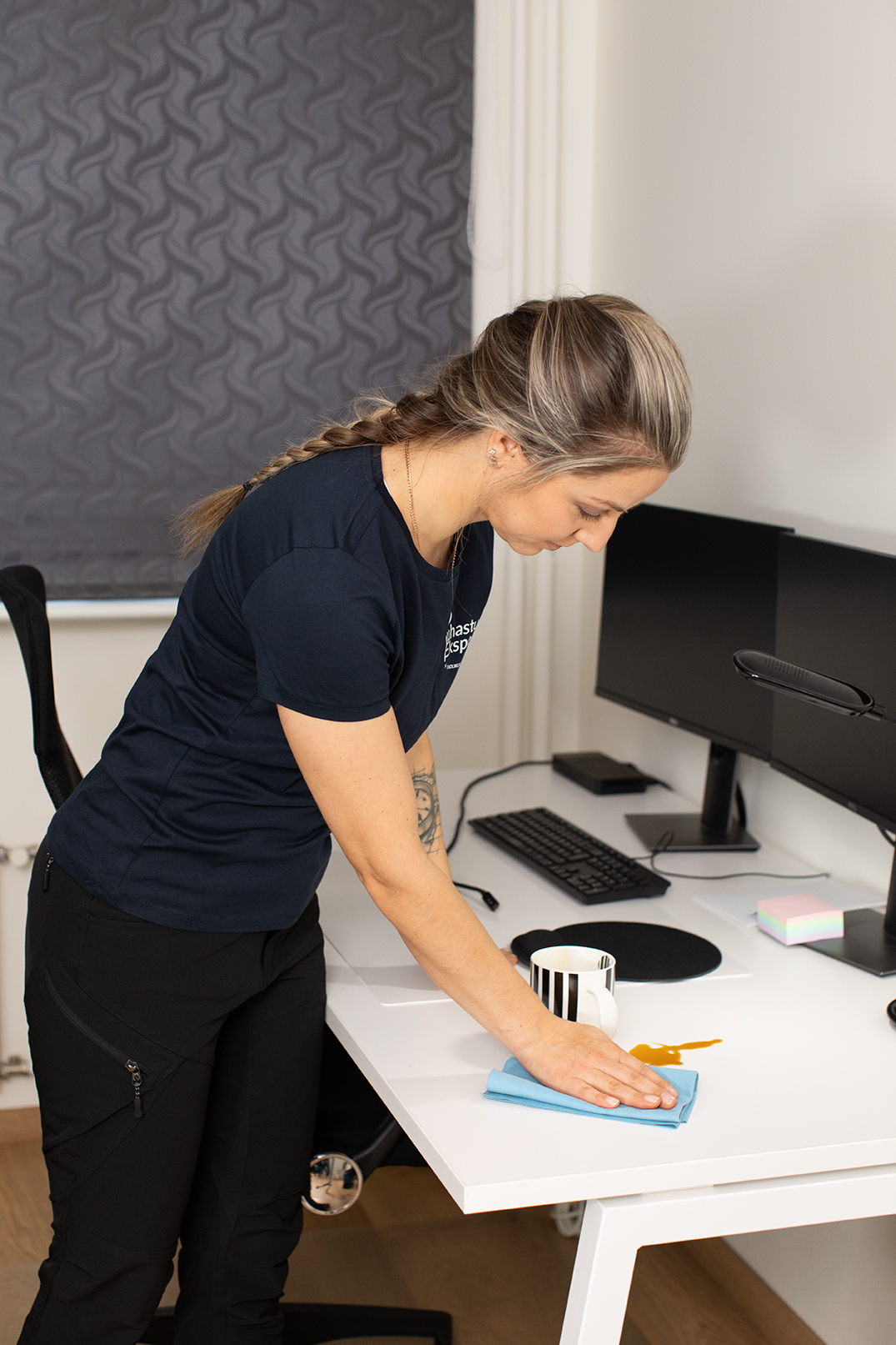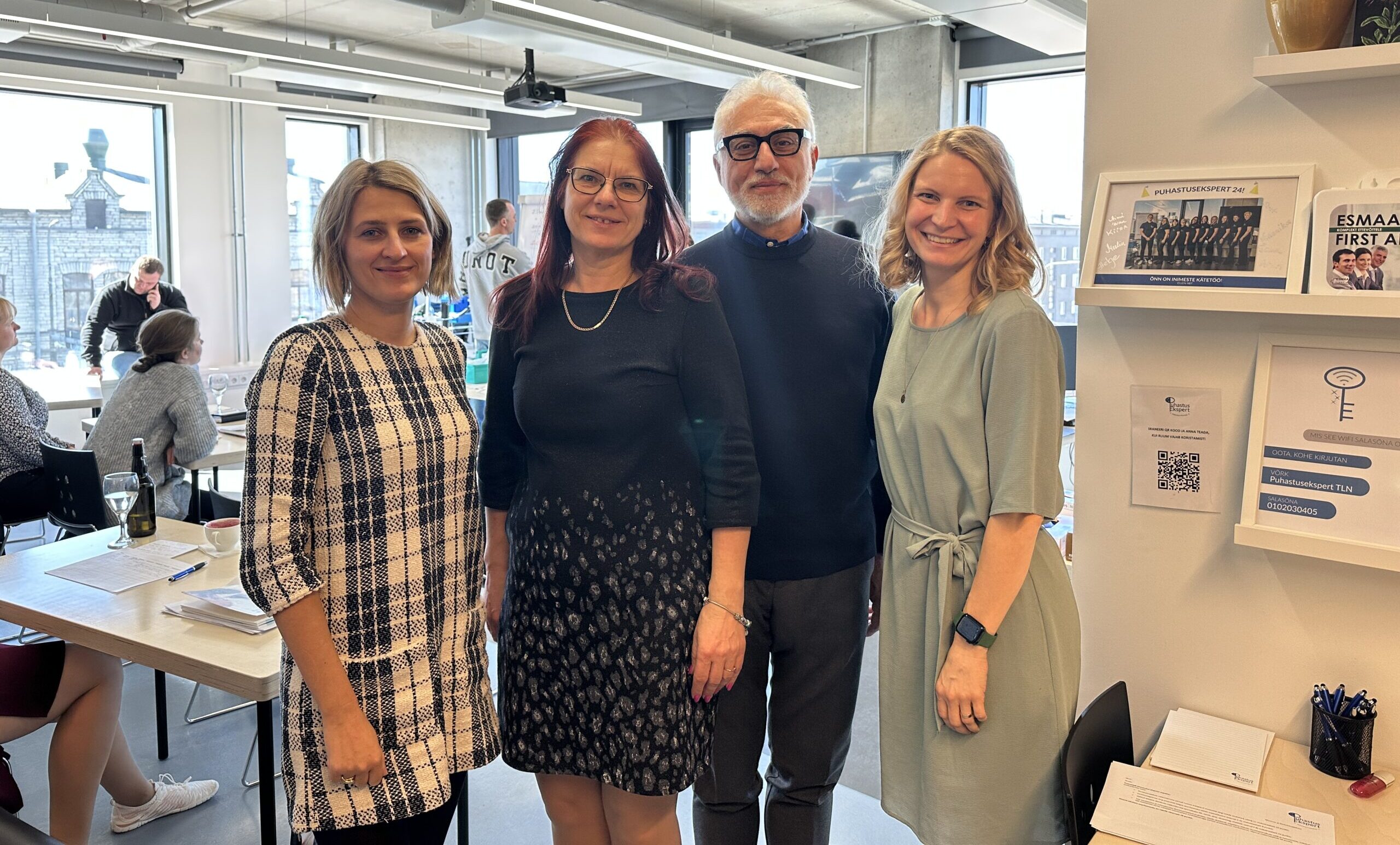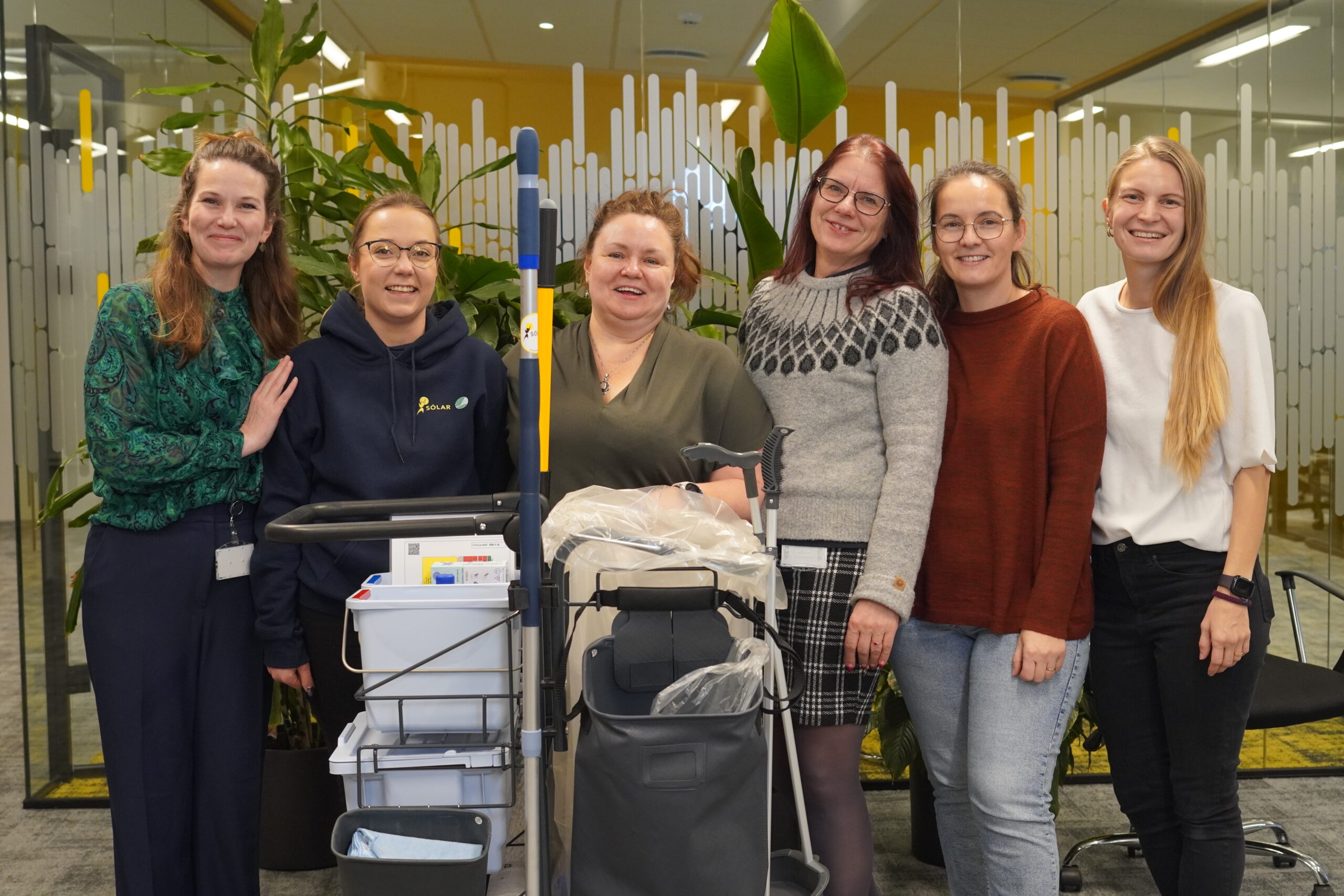Daytime Cleaning Is a Smart Investment

Cleaning saves lives. That’s not just a slogan it’s a fact, as emphasized by global leaders like ISSA. Yet too often, cleaning remains invisible: done in the early hours or late at night, when buildings are empty and cleaners are out of sight. This invisibility leads to undervaluation, low wages, and missed opportunities to recognize the true impact of cleaning work.
In June 2025, I had the opportunity to speak at the European Daytime Cleaning Alliance conference in Brussels, where experts, policymakers, and frontline workers came together to explore how daytime cleaning can transform the sector. The message was clear: bringing cleaning into the daylight is not just a logistical shift – it’s a cultural and social investment in health, dignity, and sustainability. Daytime cleaning offers a chance to change that.
- Visibility Brings Value
When cleaning is done during the day, it becomes part of the workplace rhythm. People see it, appreciate it, and understand its importance. Invisible work is often treated as worthless. Visible work earns respect. Studies show that over 70% of office employees support daytime cleaning. It improves the perception of the profession and helps build trust between cleaners and building users.
Daytime cleaning also allows for better quality: we can only remove the dirt we see, and in early mornings or late evenings visibility is naturally limited making it harder to ensure thorough results. Interestingly, when people see someone cleaning, they tend to behave more respectfully and keep spaces tidier.
Timing matters: dirt that stays visible tends to attract more dirt, while prompt removal prevents buildup. The longer dirt remains on a surface, the more it settles, spreads, and becomes harder to remove requiring more time, effort, and chemicals. Daytime cleaning enables faster, more responsive action, helping to maintain cleanliness before problems escalate.
- Health and Wellbeing for Cleaners
Working early mornings or late nights isolates cleaners from family, friends, and society. It affects sleep, mental health, and long-term wellbeing. Research confirms that non-standard working hours are linked to higher health risks and lower job satisfaction. Daytime cleaning allows cleaners to live fuller lives spending time with loved ones, accessing services, and participating in community life.
- Operational and Environmental Benefits
Cleaning outside regular working hours comes with hidden costs: lighting, heating, ventilation, and security for empty buildings. Cleaning outside regular working hours comes with hidden costs: lighting, heating, ventilation, and security for empty buildings. It also complicates logistics—delivery of supplies, supervision, and communication are harder to manage. A concrete example: if cleaning takes place late at night, the cleaning company may be responsible for arranging transport home for workers when public transit is no longer running. That not only adds financial cost, but also increases environmental burden. And in the end, all of these costs (direct and indirect) are passed on to the client.
- A Different Workforce, A Different Approach
Daytime cleaning requires a different skill set. Cleaners must be well-trained, communicative, and confident in interacting with others. This shift demands better training, thoughtful planning, and collaboration between clients, companies, and workers. It also means recognizing that early-morning and evening cleaners are often part-time workers, students, or migrants with limited language skills. Transitioning to daytime work requires inclusive personnel policies and support systems and a clear understanding that daytime cleaning often involves a different workforce profile. This is not just an operational change, but a human one, and all parties involved must be prepared to support it.
Conclusion: Cleaning That Cares
Daytime cleaning is not just a scheduling change. It’s a cultural shift. It values people, improves health, saves energy, and strengthens relationships. Yes, it requires planning and investment. But the return is real: healthier workers, better service, and a more sustainable future.
Let’s make cleaning visible. Let’s make it valuable. Let’s make it work—for everyone. Need help switching to daytime cleaning? Contact us and we’ll find a solution together!
Article written by Helge Alt




